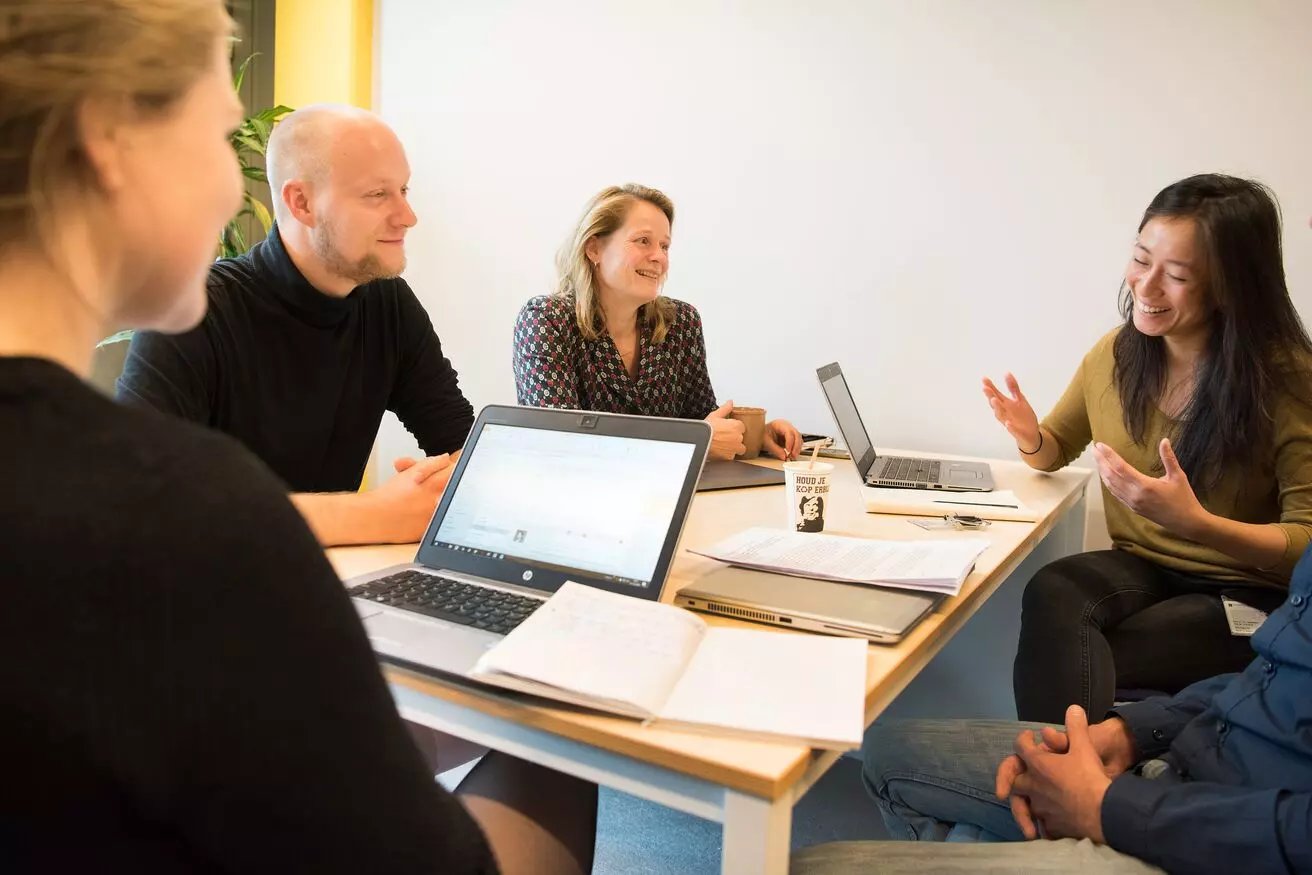Not found

More vacancies

Three Fully-funded Interdisciplinary PhD Positions on Governance by Data Infrastructure
- Faculty of Humanities
- €2.901 - €3.707
- Closes on31-05-2025
- Master's
- 38 hours
Are you passionate about interdisciplinary research on data infrastructure, governance, and democracy? Do you have a strong interest in citizen science and methodological innovation? The Department of Media Studies at the University of Amsterdam invites applications for three fully funded PhD positions in a multi-year project examining how data-driven transformations shape democratic practices and the governance of social life.
View vacancy
.jpg)
PhD Position in Molecular Simulation of Nucleic Acids in the Marie Curie Network MeChaNiSM
- Faculty of Science
- €2.901 - €3.707
- Closes on31-05-2025
- Master's
- 38 hours
Are you interested in the chemistry of DNA and do you enjoy working in an international and interdisciplinary environment? The Marie Skłodowska Curie Doctoral Network MeChaNiSM has several vacancies in different cities in Europe*. In Amsterdam, at the van ’t Hoff Institute, one vacancies for a PhD position is available in molecular simulation of nucleic acids.
View vacancy
.jpg)
PhD Position in Hybrid Intelligence for Data Reuse
- Faculty of Science
- €2.901 - €3.707
- Closes on01-06-2025
- Master's
- 38 hours
Are you a motivated researcher looking for a Phd position in hybrid intelligence, with special emphasis on improving collaborative processes for creating reusable datasets? If yes, the Intelligent Data Engineering group (INDELab) of the Informatics Institute at the University of Amsterdam is looking for you!
View vacancy
This website uses cookies
We, and third parties, use cookies on our website. We use cookies to ensure that our website functions properly, to store your preferences, to gain insight into visitor behavior, but also for marketing and social media purposes (showing personalized advertisements). By clicking 'Accept', you agree to the use of all cookies. In our Cookie Statement. you can read more about the cookies we use and save or change your preferences. By clicking 'Refuse' you only agree to the use of functional cookies.
